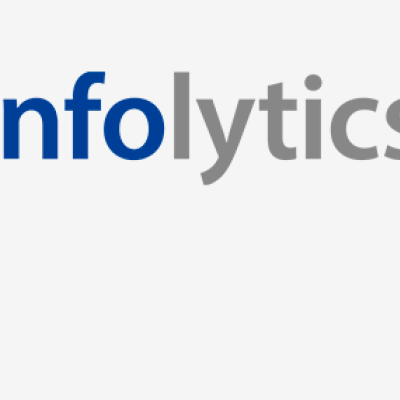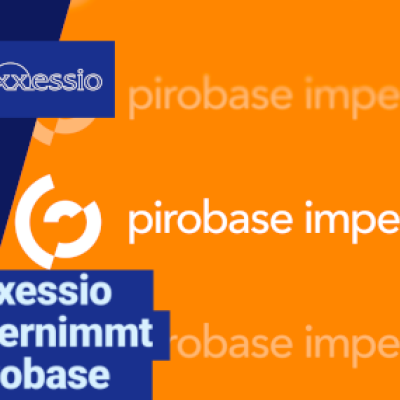The AI engineer
The AI engineer shows the potential that artificial intelligence can offer us. Designing a building has never been so simple and efficient.
On the way to an AI design assistant
Since the end of 2022, we have witnessed the rise of generative AI algorithms capable of creating content - from images to written narratives. While revolutionary changes have taken place in various sectors, the architecture and construction industry is still waiting for this wave of innovation to have a tangible impact.
Use artificial intelligence - a combination of the Generative Pre-trained Transformers (GPT) model and the Stable Diffusion Model - to design a building that meets your needs.
Generative Pre-trained Transformers (GPT)
The main advantage of GPT-based AI models is their general knowledge and the structure of human communication - language. To properly utilise this knowledge and apply Kl to your business, you need to integrate your specific use cases and business logic. This task quickly becomes a challenge if your department relies on non-communication tasks.
With this prototype, we show how AI technology can be introduced into any organisation - even in areas where correctness must be guaranteed. This prototype uses a standalone version of GPT-4.
This means that it is just as powerful as ChatGPT, but your data remains private.
A holistic workflow
At the heart of our methodology is the Rhino-Grasshopper platform. This is where the transition from conceptualisation to implementation takes place. With the help of a customised Grasshopper script, these parameters then dictate the creation of the 3D model. First and foremost, it enables the automated creation of the pre-processed colour segmentation image, which is crucial for our Stable Diffusion and ControlNet visualisation process. By including additional parameters, such as material properties and environmental conditions, the system can perform a comprehensive life cycle analysis. This analysis is valuable as it allows us to determine the embodied carbon content of the building, which reflects the environmental impact of the client's design decisions. All of these processes feed into one end product: a client dashboard.









